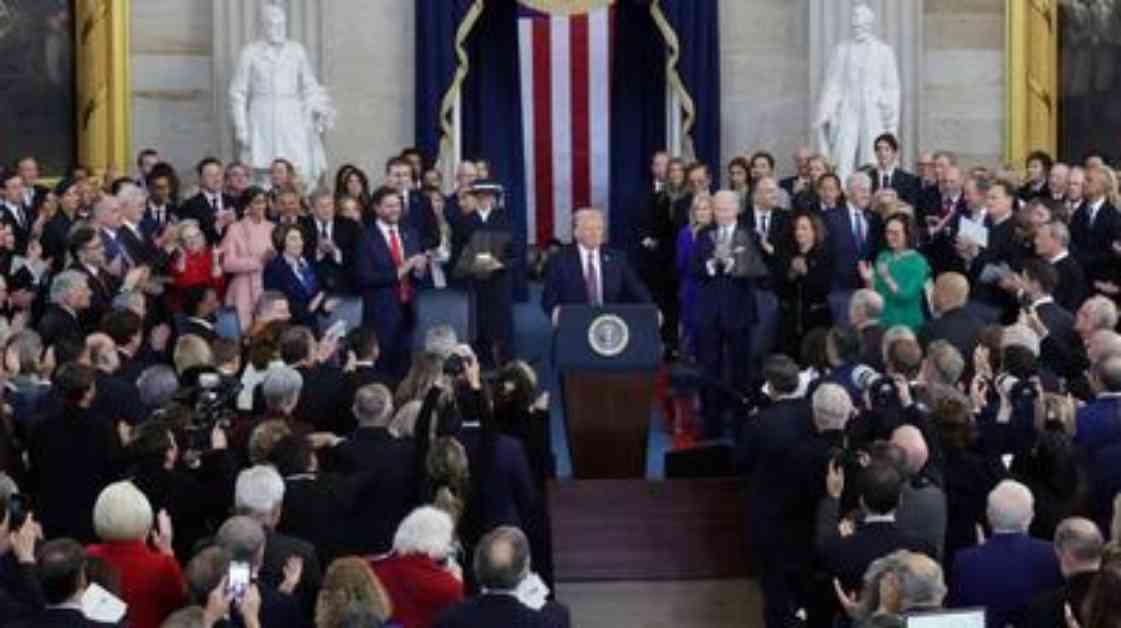Donald Trump vows to reclaim the Panama Canal from China
In a bold and controversial statement during his inauguration speech at the Capitol, President of the United States, Donald Trump, declared his intention to reclaim the Panama Canal from China. Trump asserted that China has taken control of the vital waterway and that he plans to rectify the situation.
Trump’s Claims
During his speech, Trump argued that the United States had been misled into giving away the Panama Canal to Panama. He claimed that the U.S. had invested more money in the Canal than in any other project in history and that 38,000 American lives were lost during its construction. Trump also accused Panama of failing to fulfill its promises under the treaty, leading to unfair treatment of American vessels passing through the Canal.
Historical Context
The Panama Canal was officially handed over to Panama on December 31, 1999, as stipulated in the Torrijos-Carter Treaties of 1977. These treaties, negotiated by the late Jimmy Carter and General Omar Torrijos Herrera, marked the transfer of control of the Canal from the United States to Panama.
Reactions and Rebuttals
In response to Trump’s claims, politicians, analysts, and experts from Panama have refuted his assertions. They have pointed out that the number of American casualties cited by Trump is grossly inaccurate and that his allegations regarding Chinese control of the Canal are unfounded. Moreover, they have emphasized that the Canal has been under Panamanian administration for 25 years, with no evidence of Chinese interference.
Despite the controversy surrounding Trump’s statements, the issue has sparked debates about the historical significance of the Panama Canal and its role in international trade and geopolitics. As the world watches to see how this situation unfolds, one thing remains certain: the Panama Canal continues to be a crucial artery for global maritime transport, connecting the Atlantic and Pacific Oceans.
As we reflect on Trump’s remarks, it is essential to consider the complexities of international relations and the importance of factual accuracy in public discourse. While political rhetoric may capture headlines, it is crucial to separate fact from fiction and uphold the principles of transparency and accountability in all discussions. The Panama Canal stands as a symbol of innovation and cooperation, bridging nations and facilitating global commerce. Let us strive to honor its legacy by engaging in constructive dialogue and promoting mutual understanding among nations.





